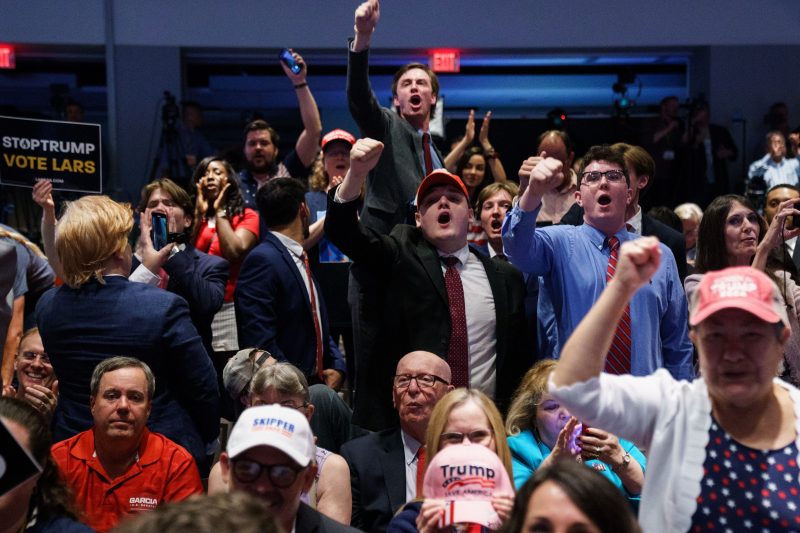In the dynamic realm of American politics, the nomination of Chase Oliver as the Libertarian Party’s candidate for the presidential election has stirred up significant interest and debate. Oliver, a seasoned political figure known for his staunch advocacy of small government and individual freedoms, has emerged as a formidable contender in a landscape dominated by two major parties.
Notably, Oliver’s platform revolves around the core principles of libertarianism, emphasizing limited government intervention, personal liberty, and free-market economics. His call for reducing government spending and bureaucracy while promoting individual autonomy and choice has resonated strongly with a segment of the electorate disillusioned with the traditional political establishment.
Critics of Oliver’s candidacy often raise concerns about the feasibility and practicality of his libertarian proposals. Skeptics argue that the drastic reduction in government programs and regulations advocated by Oliver could have unintended consequences, particularly for vulnerable populations who rely on social safety nets.
Nevertheless, supporters of Oliver contend that his uncompromising commitment to individual liberty and free-market ideals offers a refreshing alternative to the status quo. By challenging the prevailing narrative of expanding government control and partisan gridlock, Oliver’s candidacy has injected a dose of ideological diversity into the political discourse.
One key aspect of Oliver’s appeal lies in his ability to attract disenchanted voters from both ends of the political spectrum. As the traditional party lines blur and ideological boundaries shift, Oliver’s message of personal freedom and limited government has struck a chord with those disillusioned by the polarized nature of contemporary politics.
In the coming months, Oliver’s campaign is poised to pivot towards engaging with a wider audience and articulating his vision for a libertarian future. As he navigates the complex terrain of national politics, Oliver will face mounting scrutiny and challenges from both opponents and proponents alike.
Ultimately, the nomination of Chase Oliver as the Libertarian Party’s candidate for the presidential election signifies a growing appetite for alternative voices and perspectives in American politics. Whether or not Oliver emerges victorious, his presence in the political arena is a testament to the enduring appeal of libertarian principles in a society grappling with fundamental questions of governance and liberty.

